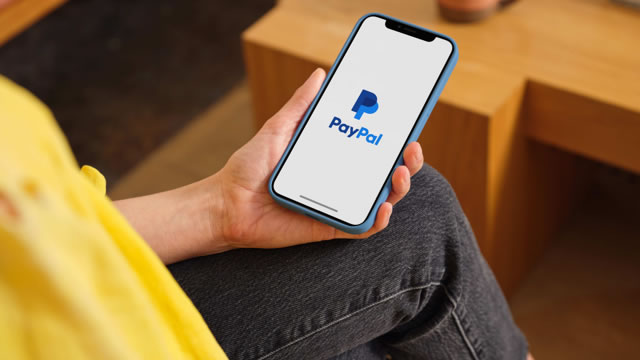The Pioneering Role of PayPal in Financial Technology
Financial technology, or fintech, is a revolutionary domain that aims to innovate and streamline financial services through technology. At the heart of this sector lies the story of PayPal (PYPL), a pioneering company that has transformed the way we move money between individuals and businesses.
The Early Beginnings of PayPal
Founded in 1998 as Confinity, PayPal started as a platform for sending money via email. The company’s mission was to make online transactions as simple and convenient as possible. In 1999, it merged with X.com, an online banking company, and rebranded as PayPal in 2001. Since then, it has become synonymous with digital payments.
Innovations and Expansion
PayPal’s innovations include the introduction of the “PayPal button” in 2002, enabling merchants to accept payments on their websites. In 2005, it launched PayPal Here, allowing merchants to accept payments via a mobile card reader. More recently, it introduced One Touch, a feature that lets users make purchases without entering their login information, enhancing the user experience.
Impact on Consumers
For consumers, PayPal offers a secure and convenient alternative to traditional payment methods. It allows users to send and receive money with ease, making online shopping more accessible and hassle-free. Additionally, PayPal’s partnerships with major retailers, such as Home Depot and Walmart, enable consumers to use PayPal as a payment method in physical stores.
Impact on Businesses
PayPal’s impact on businesses is equally significant. It provides businesses with an easy-to-use, cost-effective way to accept online payments, expanding their customer base beyond local boundaries. Moreover, PayPal’s fraud protection and dispute resolution services help businesses minimize financial losses and build trust with their customers.
The Future of PayPal and Fintech
PayPal continues to innovate, with plans to expand its services in areas such as peer-to-peer payments, money transfers, and digital currencies. As fintech continues to evolve, we can expect to see more advancements in areas like mobile payments, blockchain technology, and artificial intelligence. These developments will make financial transactions faster, more secure, and more accessible than ever before.
The Wider Impact of Fintech on Society
Beyond the realm of individual companies like PayPal, fintech as a whole is poised to have a profound impact on society. It has the potential to increase financial inclusion, making financial services accessible to the underbanked and unbanked populations around the world. Fintech can also lead to more efficient and transparent financial systems, reducing fraud and minimizing errors. However, it also raises concerns regarding data privacy, cybersecurity, and financial stability. As fintech continues to advance, it will be crucial to address these challenges and ensure that the benefits outweigh the risks.
In conclusion, the story of PayPal is a testament to the power of innovation and the transformative potential of fintech. As we look to the future, we can expect to see more advancements in this domain, shaping the way we manage our money and conduct financial transactions. Whether you’re a consumer or a business, the impact of fintech on your life is undeniable, and it’s an exciting time to be a part of this ever-evolving landscape.
- PayPal’s innovations have transformed the way we move money between people and businesses.
- PayPal offers consumers a secure and convenient alternative to traditional payment methods.
- PayPal provides businesses with an easy-to-use, cost-effective way to accept online payments.
- Fintech has the potential to increase financial inclusion and lead to more efficient and transparent financial systems.





